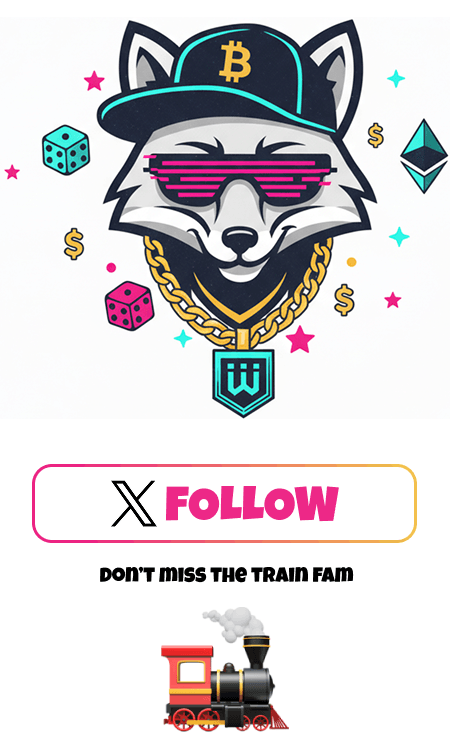Lotteries are the simplest form of gambling — buy a ticket, wait for the draw, hope for life-changing luck. In Web3, lotteries evolved into provably fair, smart-contract powered raffles, with projects like PoolTogether pioneering no-loss lottery mechanics. Others, like CryptoLottery or casino-integrated raffles, use token pools and NFT tickets. But is the blockchain lottery revolution really wagmi, or just another degen token sink?
Background & Reputation
On-chain lotteries emerged around 2017–2018, with early experiments using Ethereum smart contracts for transparent draws. The big breakthrough was PoolTogether (2019), famous for introducing the no-loss lottery: players deposit stablecoins, yield is farmed, and winners take the interest while deposits stay safe.
Reputation-wise, lotteries are seen as fair, transparent, but low-EV (expected value) plays. They attract casuals who dream of jackpots, but serious gamblers often dismiss them as “slow degen entertainment.”
Features
- Provably Fair RNG → draws happen on-chain with verifiable randomness (often using Chainlink VRF).
- No-Loss Lottery (PoolTogether) → win prizes while keeping deposits safe.
- Classic Jackpot Lotteries → tickets pooled, winner takes all.
- NFT Raffles → NFT projects use lottery mechanics for drops and prizes.
- Casino Raffles → platforms like BC.Game run raffle-style giveaways for token holders.
- Global Access → anyone with a wallet and a few stablecoins can join.
Lotteries are the easiest entry point into Web3 gambling — no skills, no grind, just tickets and hope.
Safety & Risks
Pros:
- On-chain transparency = no rigged draws.
- PoolTogether’s no-loss model = low financial risk.
- Global access, low entry barriers.
Cons:
- Very low odds — like IRL lotteries, jackpots are rare.
- Some raffles rely on centralized operators.
- Token volatility: even if you win, prize token values may crash.
- Smart contract risk if protocol isn’t audited.
Lotteries are safe in terms of fairness, but risky in terms of long-term EV.
What Players Say
- Fans → “love no-loss lotteries, fun way to save + gamble.”
- Critics → “dead money, odds are too low to care.”
- Reddit threads often praise PoolTogether for making lotteries “less scammy,” while others complain that raffles in smaller dApps often feel like endless marketing schemes with low rewards.
Community split: some see it as fun savings gamification, others as a waste of time.
Who Uses It
- Casuals dreaming of jackpots.
- Yield farmers using no-loss lotteries as “fun savings accounts.”
- NFT collectors entering raffles for rare drops.
- Degens hunting promo raffles for free token prizes.
Lotteries appeal to a broad base but don’t retain long-term high-rollers.
Real Stats
- PoolTogether has distributed $7M+ in prizes since launch (protocol stats, 2024).
- Daily active users range from 5,000–10,000 wallets in no-loss pools.
- On CMC (2025), lottery-linked tokens rarely crack top 200 by volume — showing limited but steady niche activity.
- Casino raffles on BC.Game and Rollbit run weekly, with prize pools reaching hundreds of thousands in USDT/ETH.
Lotteries are small but consistent in Web3 gambling.
Degen Tip
If you’re going to play crypto lotteries, stick to no-loss models like PoolTogether. You get upside with almost no downside — the purest wagmi gamble.
Final Degen Verdict
Crypto lotteries are the lowest-risk, lowest-EV games in Web3. They’re transparent, fun, and accessible, but rarely life-changing unless you’re insanely lucky. PoolTogether deserves props for innovating with no-loss mechanics, while casino raffles add spice for degens hunting promo jackpots.
If you see it as fun savings, wagmi. If you expect to hit Mega Millions on-chain, ngmi.
Lotteries are less about profit and more about hope on the blockchain — and sometimes, that’s enough.

